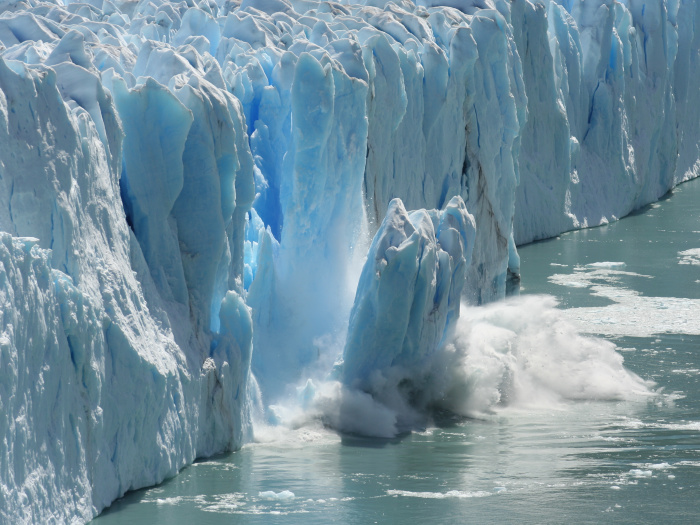The looming threat of climate change, by no measure, is breaking news today. But while various sections contemplate the timeline of its impact and try to predict some major tipping points which could alter our environment, a new study has put into perspective the threat of ice melting. After evidence analysis, the new research found that the ice in the Arctic sea could be inexistent by 2035.

Polar ice sheets are melting at an alarming rate. Photo Credit: Shutterstock
The research compared data from the last interglacial, a warm period experienced in the Arctic about 127,000 years ago, to more recent summer and spring. It took into account the ‘melt ponds’ formation in the sea during these seasons and studied how much light is reflected and how much is absorbed.
“High temperatures in the Arctic have puzzled scientists for decades. Unraveling this mystery was technically and scientifically challenging. For the first time, we can begin to see how the Arctic became sea ice-free during the last interglacial. The advances made in climate modeling mean that we can create a more accurate simulation of the Earth’s past climate, which, in turn, gives us greater confidence in model predictions for the future,” says joint lead author Dr. Maria Vittoria Guarino, Earth System Modeller at British Antarctic Survey.
Based on this data, the study suggests that all the ice in the Arctic could melt by the year 2035. This could mean a heavy impact on all varieties of flora and fauna in this ecosystem, which in turn could affect further ecosystems.
The findings of this study are published in the Nature Climate Change journal. [1]
